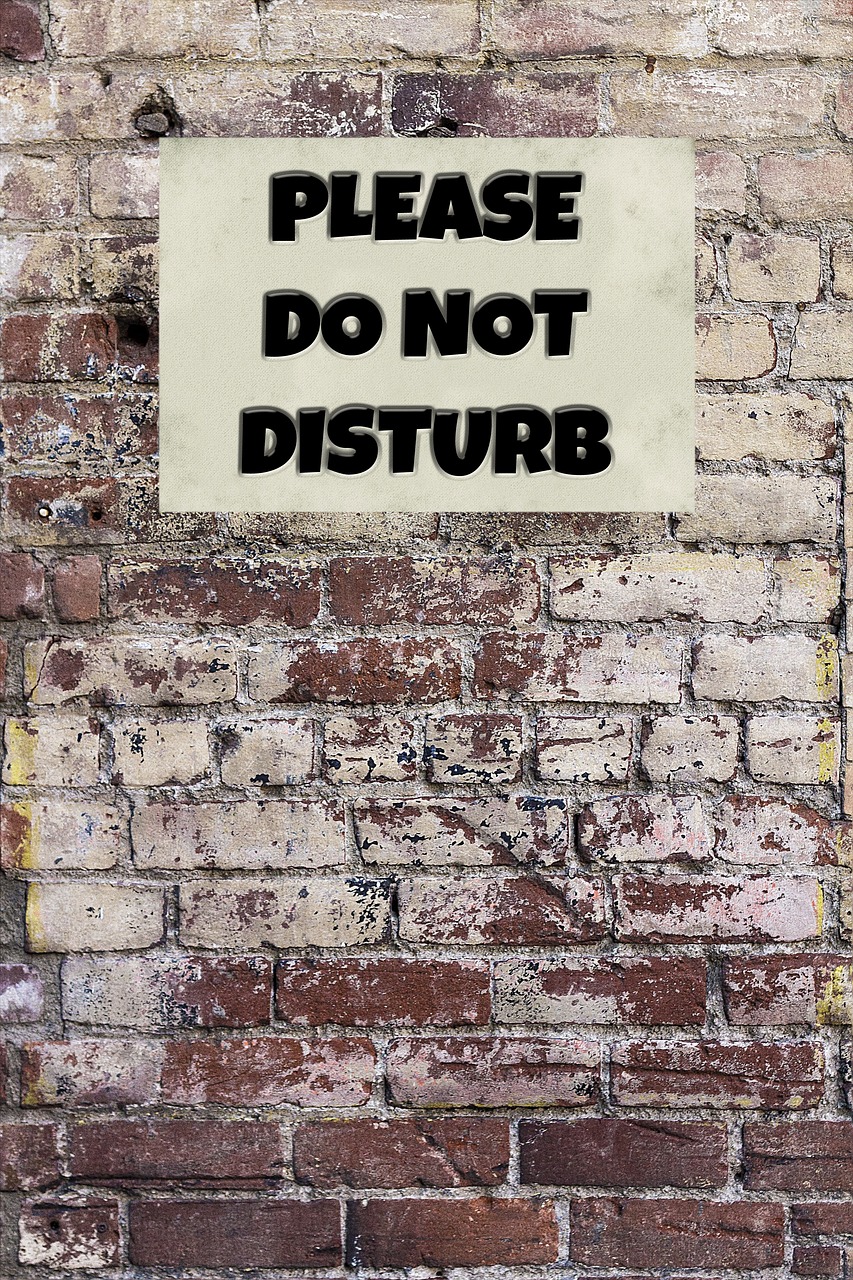The word bias has become a trigger word for many because it has been used by some to gain political power or for financial gain. The sad truth is that we all have biases of some sort. Be honest. Don’t you feel automatically closer to someone when they say they like the same team, went to the same university or have something else in common with you? It’s somewhat natural, but in a classroom environment favoring one student over others can cause all sorts of unintentional problems…. Even if you are a volunteer teaching a once a week Bible class for children or teens.

So what is one of the most frequently ignored biases and how can it create a stumbling block for learning for some of your students? To me one of the most common biases that can unintentionally cause problems in your class is when you favor either extroverts or introverts. Now if you are an introvert reading that sentence, you probably are shocked to find that teachers can be biased against extroverted students, too. Isn’t it only introverted students who have problems?
A few years ago, that was quite probably true. The combination of cell phone/device addiction and COVID has created, however, a generation where the vast majority of students now interact in a classroom setting as if they are introverts – even if they aren’t naturally one. Ask any teacher of children and teens. Most of us count on the extroverts to spark discussions and serve as a catalyst to encourage other students to speak up or participate. A decade ago, you could assume any group of young people had at least a couple of extroverts. Now you are just as likely to get an entire room full of children or teens who would rather do just about anything than speak up in class.
Which is doubly unfortunate. For all of the problems introverts have historically experienced in a classroom setting, one of the worst is the belief that introverted students are less intellectually bright than those extroverted students whose hands easily pop into the air when student participation is requested or questions asked. Studies have found this to be true. Which means that your belief that your students don’t know anything about the Bible, may be true… or it may just be they are introverts who are reluctant to speak – even when they have the correct answer.
As a card carrying extrovert, I would also counsel introverted Bible class teachers to be careful about assuming that extroverted children are too loud or too energetic or talk over others too much. Yes, those are typical extroverted behaviors, but are more reflective of their enthusiasm and lack of inhibition in speaking up, than an actual behavior problem. If it is overwhelming or disruptive, quietly work with the student, pointing out the importance of listening to others or giving others a turn to speak. Don’t treat them as behavior problems unless they are rebellious when asked to consider others. Appreciate the spark they can add to your classroom discussions.
For those extroverted teachers of introverts…. give them time and space to talk. Devise creative ways for them to share without talking in front of others. Ask extroverted students to wait a bit before jumping in to give others a chance to gather their thoughts and courage.
Giving students a safe space to be their authentic selves while also teaching them to love and respect others who aren’t like them is a great Christian life skill for them to learn and practice. Often that can only happen when the adults working with them realize their own biases and compensate for them.




